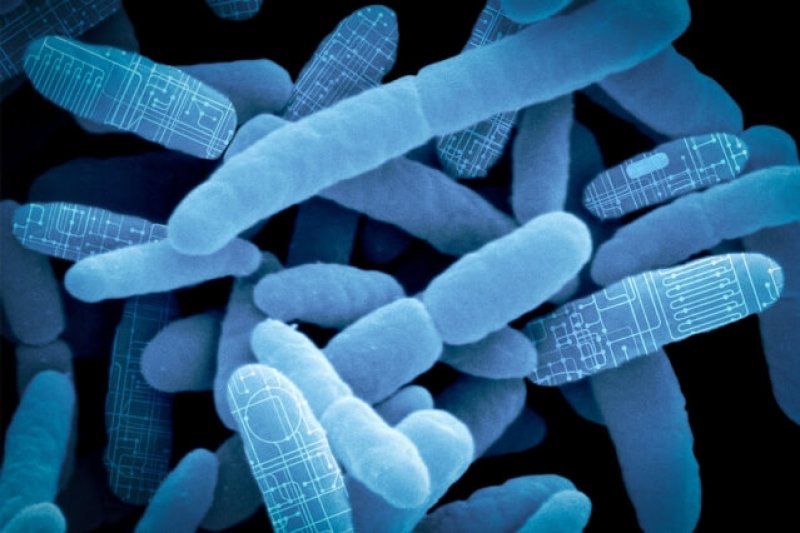In a study carried out over the summer, a group of volunteers drank a white, peppermint-ish concoction laced with billions of bacteria. The microbes had been engineered to break down a naturally occurring toxin in the blood.
The vast majority of us can do this without any help. But for those who cannot, these microbes may someday become a living medicine.
…
The bacteria are designed to treat a rare inherited disease called phenylketonuria, or PKU. People with the condition must avoid dietary protein in foods such as meat and cheese, because their bodies cannot break down a byproduct, an amino acid called phenylalanine.
As phenylalanine builds up in the blood, it can damage neurons in the brain, leading to delayed development, intellectual disability and psychiatric disorders. The traditional treatment for PKU is a strict low-protein diet, accompanied by shakes loaded with nutritional supplements.
But in experiments on mice and monkeys, Synlogic’s bacteria showed promise as an alternative treatment. On [September 4], company investigators announced positive results in a clinical trial with healthy volunteers.
…
One of the new genes encodes a pump that the bacteria use to suck up phenylalanine around them. A second gene encodes an enzyme that breaks down the phenylalanine into fragments. The bacteria then release the fragments, which get washed out in urine.
Read full, original post: Scientists Are Retooling Bacteria to Cure Disease































